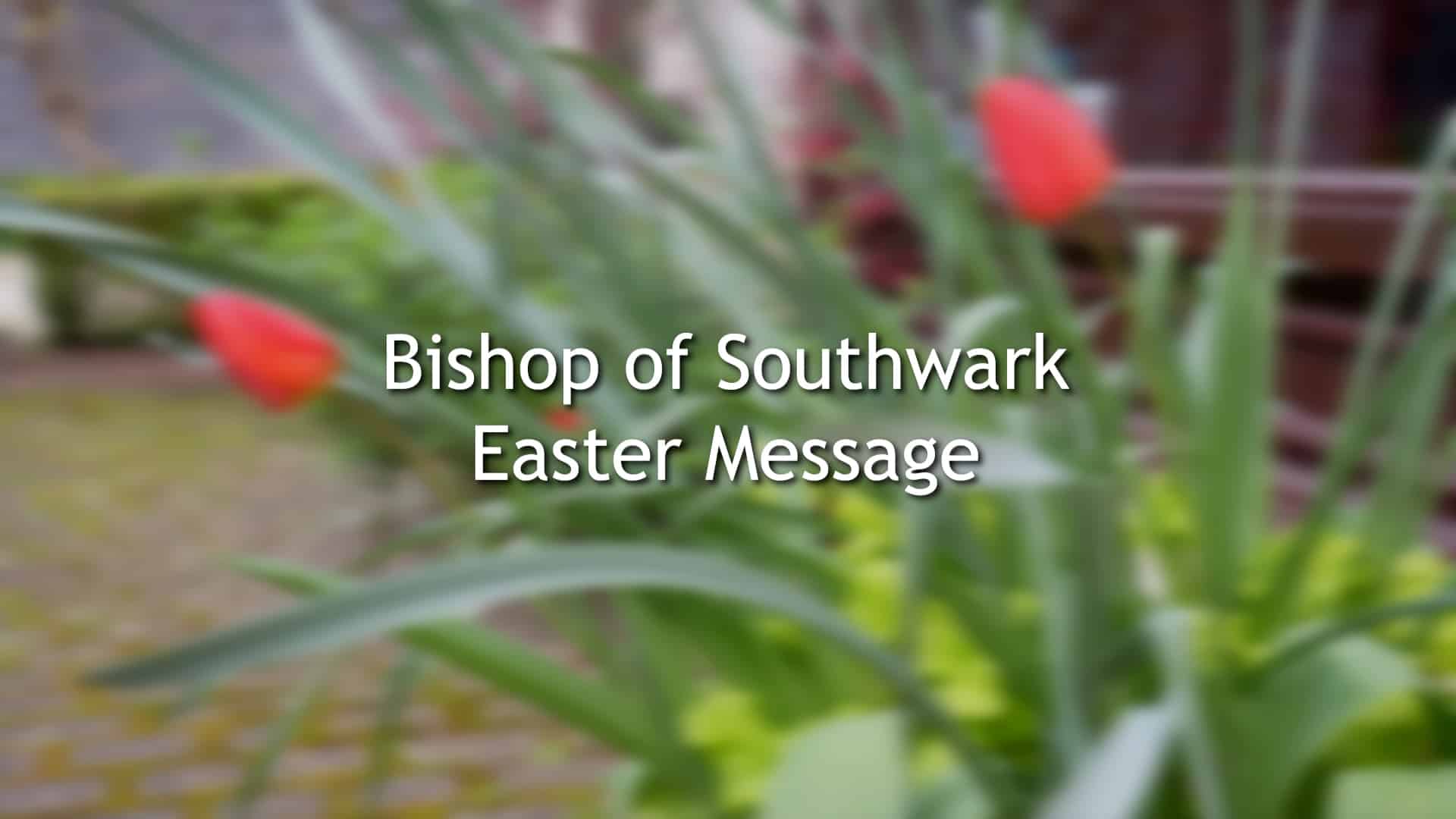I was born and grew up in Japan, a non-Christian country with a unique culture. Like any other ordinary Japanese person, I was neither a Buddhist nor a follower of Shinto. Japan is a country which is always a top ranker of global GDP and a member of G7. I was a part of the gears of that economic machine, always exhausted in a material world of chasing a level of income to increase the quality of life. It is known that Japan is economically successful and that everything is on time according to its schedule even public buses are very punctual. However tube/trains frequently suspend their service due to fatal incidents. It is less well known that Japan has one of the highest suicide rates in the world.
We feel that our role from God is to be close to non-Christian Japanese people in order to share the gospel. I see my personal experience as a gift (for almost half of my life, I didn’t know God and my values and behaviours were very different). My testimony, therefore, is one that proves a significant distinction between life without Christ and life with Christ. This is a gift which can introduce to others to new life in Christ through God’s mercy and love. Given the small number of Japanese people who are Christian (about 1% of the population) we need to go outside of church buildings and meet people where they are to talk to them about God’s love. At the point of starting our group, we were not aware of the Fresh Expressions movement.
Our focus was that people should be set at the centre of our mission, to offer discipleship towards church rather than being a part of the structure of a church. This innovation is quite challenging into new contexts of church style: rather than replicating an existing model of church plant, we ventured into the edges of postmodern culture combined with Japanese culture. Generally speaking, it is not easy for Japanese people to make a first step into a Church, and we found value in helping to take away barriers to their accessing church (each according to their needs). Therefore ongoing listening, loving and serving to build relationships with people is a fundamental part of our mission for building communities, which requires that what we do is contextual. In fact, not using a liturgy from a particular denomination has brought us not only Anglicans, but also other Protestants, Catholics, people from a Buddhism background – all sharing together.
When we set up our group Japanese Anglican Church, South East (JAC SE), we were given the tangible items (church building, Japanese bibles, funding, authorisation by the Diocese, etc) but the key emphasis of service format had not been decided (e.g. worship style, frequency, etc). Our first meeting, on the day of Pentecost, was a communion service in Japanese led by one of Southwark’s Bishops and all Christian attendees were very happy and thankful to God. Before the Service started, and for the benefit of non-Christian Japanese friends, we explained the nature of a communion service and the reason why Christians keep doing it. However, the service still gave a couple of our Japanese friends a shock due to the imagery and the words of the liturgy that were so strange to them. Words such as Holy Spirit, blood of Christ, etc which are fundamentals of Christianity but to them were alarming. I was surprised by the reaction of these friends because they ought to have known about communion service from our earlier explanation. But it became the precious clue for our group. At that point, we might consider it receiving a message from God about my recalling that I myself was like that before, therefore we should not ignore this response but rather we must be on their side and understand their view. Someone has to work to communicate the Christian world view to these people. If it works, people will be set free from unnecessary barriers against Christianity and we can all share God’s love.
After the first Service, we discussed the style of the meeting with a member of the clergy who was supporting us, and who agreed to lead study sessions based on the study book entitled “Jesus through Asian Eyes”. However, this study book is really aimed at a British Asian audience (e.g. India/Pakistan/Bangladesh) as an introduction to Christianity. This did not fit a Japanese audience but still we wanted to know people’s reaction. From this experience we learnt that we should discuss the details of sessions in advance. Some issues were clear:
• Obviously, this study book is not designed for Japanese (culture)
• People who attended the meeting would like to know about Christianity as a world-view rather than being encouraged to becomes Christians. Also the preaching style was not appropriate.
• A desirable leader should be equipped to speak from a non-Christian background/viewpoint, and to understand the Japanese culture (Japanese speaker). This might be a member of the clergy, but is more likely to be a person who can link Christian and Japanese world views.
In general, Japanese people don’t have even the basic knowledge about Christianity and we have noticed that Christian language (e.g. God’s love, blessing, repentance, forgiveness, eternal life, holy spirit, etc) needs to be replaced with alternative words but this was not successfully done in the study. We learnt from this experience that we had to listen carefully and consider the response from all attendees and reflect them in our meeting style. Rather than sermons from members of the clergy, or courses like Alpha/Christianity Explored, we decided to find answers submitted by the attendees. This has included inviting guest speakers when the hot topic comes up. (based around a film, novel, or music relating to Christianity)
Our mission to Japanese people is like a huge jigsaw puzzle. A piece is never presented if it is not the right one for us but sometimes more than one piece fits together if it is the right time for God. It’s a miracle! For us, every day is learning about listening to our friends and God and being patient – but that is all part of God’s grace. When our original supporter, Bishop Michael, left the diocese, we had prayed for the future of the Japanese church (it would have been no surprise if the group was closed down) but we were ‘discovered’ and now the group is stable and expanding as a part of Fx within Southwark.
We are currently working and praying for opening a 2nd group in a local church. We hope that any fresh opportunity will come out of the original group. This multiplied group will aim to help people understand Christianity more and is aimed at working with the local church in Southwark. In case an attendee wants to go further and attend regular church services or receive baptism, we would like to introduce the relevant local church to support their continued discipleship as well as still being supported by JAC(SE). It seems our Fx is for not only Japanese people, but also impacts local churches as we seek for attendees to be supported in their spiritual journey through such local churches.
Minako Hall leads the Japanese congregation in Southwark Diocese along with her husband Simon.






